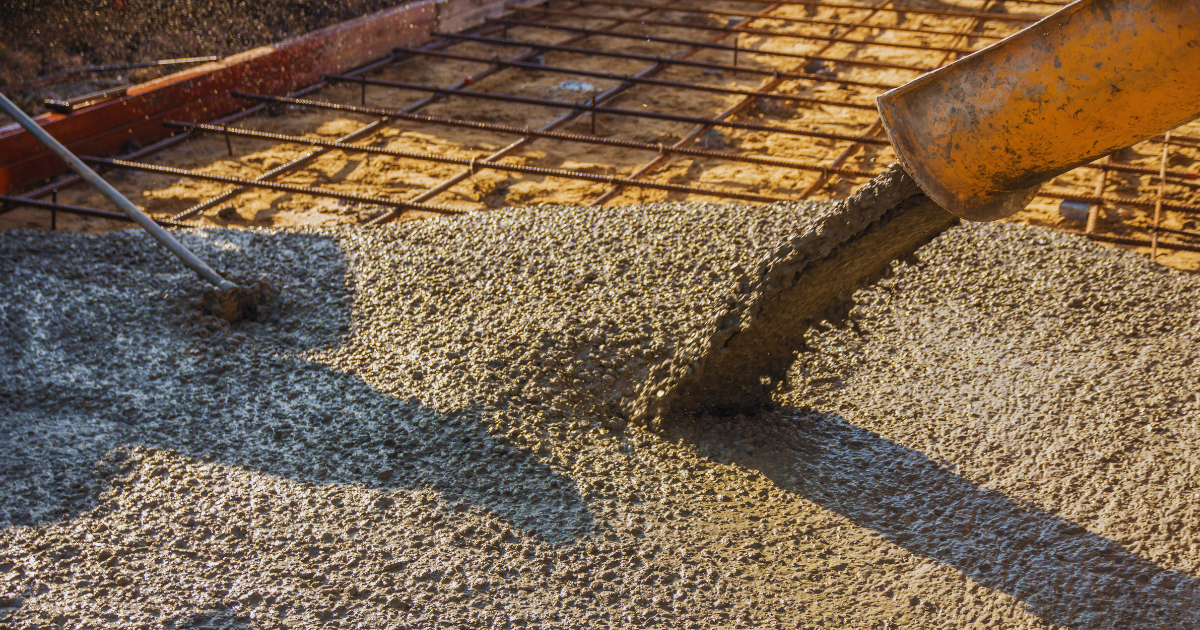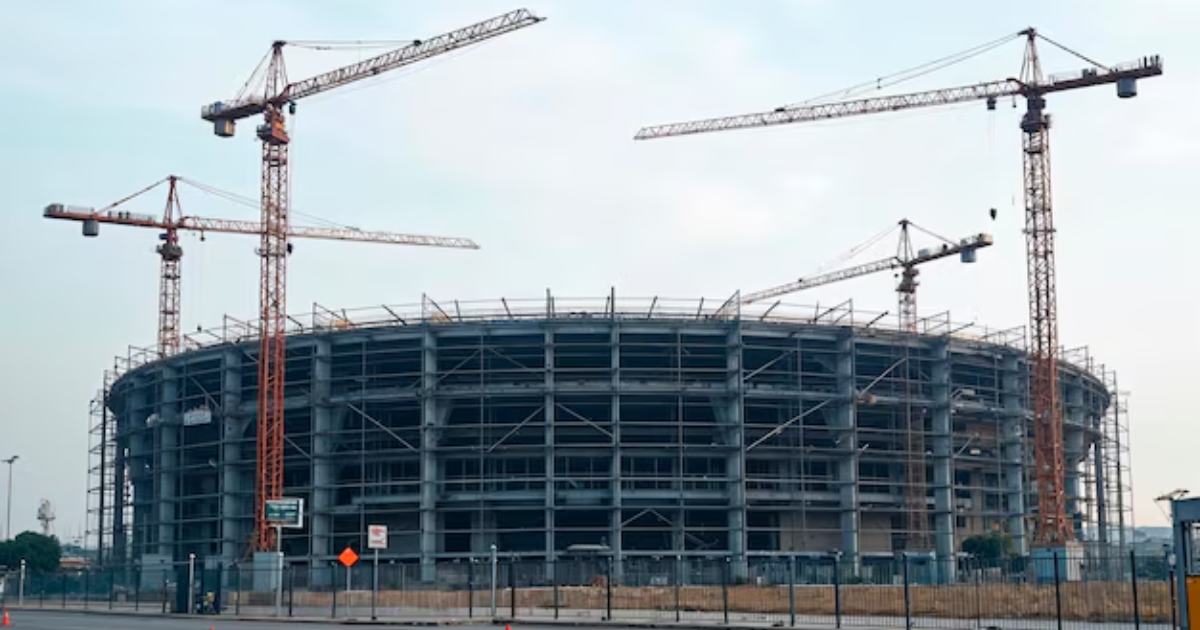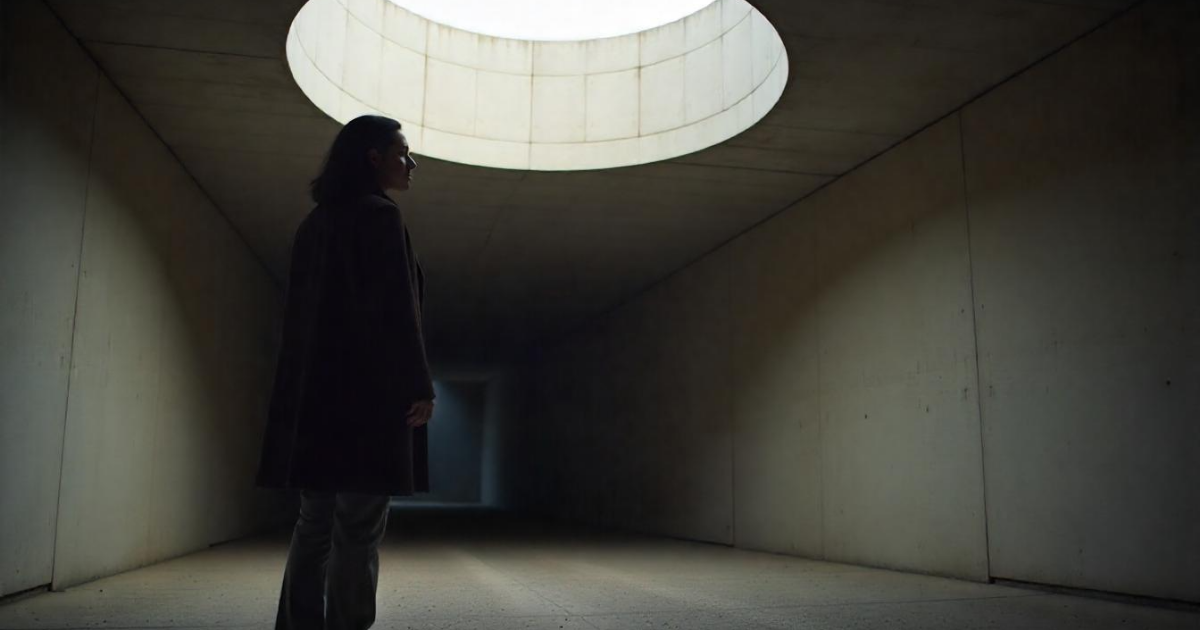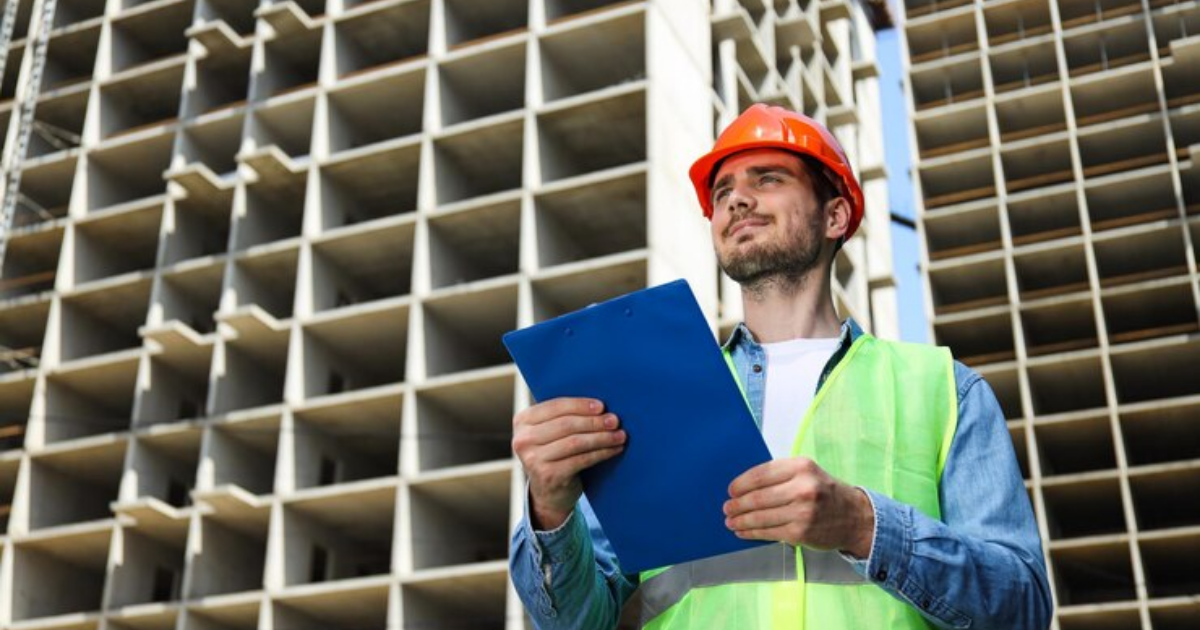In the construction industry, choosing the right materials is critical for ensuring quality, efficiency, and durability. Among the numerous options available, RMC stands out as a versatile and efficient choice that consistently outperforms alternatives like on-site mixed concrete and pre-cast concrete. With its controlled production, enhanced consistency, and wide range of applications, ready-mix concrete has become an industry staple.
This blog explores why Ready-Mix Concrete is the superior option, comparing it to its alternatives in terms of quality, cost, environmental impact, and usability.
What Is Ready-Mix Concrete?
RMC is a blend of cement, water, aggregates, and additives, manufactured in a batching plant and delivered to construction sites in a ready-to-use state. This ensures that the mixture meets specific project requirements and eliminates the inconsistencies often associated with on-site mixing.
By contrast, on-site mixed concrete involves manual preparation at the project site, while pre-cast concrete is cast into shapes in a factory and transported for installation.
Advantages of Ready-Mix Concrete
1. Consistent Quality
One of the most significant advantages of RMC is its consistent quality.
- Controlled Environment: The production process occurs under strict conditions, ensuring uniformity in every batch.
- Precise Proportions: Advanced equipment guarantees the right mix of ingredients, tailored to project specifications.
- Performance Additives: Additives can be incorporated to enhance durability, workability, and setting time.
In contrast, on-site mixing often results in inconsistent quality due to manual errors and varying environmental conditions.
2. Time Efficiency
In construction, time is money. Ready-mix concrete streamlines the process, saving valuable time.
- Pre-Made Mix: Delivered ready for immediate use, reducing delays caused by on-site preparation.
- High-Speed Delivery: Specialized trucks equipped with rotating drums ensure the concrete remains workable upon arrival.
- Faster Completion: With ready-mix concrete, projects can progress without interruptions, accelerating timelines.
On the other hand, on-site mixing requires labor-intensive preparation, while pre-cast concrete may involve delays due to transportation and installation.
3. Cost-Effectiveness
Though the initial cost of Ready-Mix Concrete may seem higher, it proves more economical in the long run.
- Reduced Labor Costs: Eliminates the need for a dedicated team to mix concrete on-site.
- Minimized Material Wastage: Precise batching prevents overuse or underuse of raw materials.
- Lower Maintenance Costs: High-quality concrete reduces the likelihood of cracks and structural issues.
When considering the potential rework and delays associated with alternatives, ready-mix concrete is a more cost-effective choice.
4. Versatility
Ready-mix concrete can be customized to meet the specific needs of various projects.
- Wide Applications: Suitable for foundations, pavements, bridges, tunnels, and more.
- Customizable Mixes: Adjustments can be made for compressive strength, setting time, or weather resistance.
- Specialty Concretes: Options like fiber-reinforced or high-strength concrete are available.
On-site mixing lacks the precision required for complex projects, while pre-cast concrete may not offer the same level of adaptability.
5. Eco-Friendliness
With increasing awareness of sustainable practices, ready-mix concrete offers environmental benefits.
- Reduced Carbon Footprint: Centralized production minimizes waste and energy use.
- Optimized Transport: Delivery in bulk reduces fuel consumption compared to transporting raw materials.
- Recyclable Waste: Excess concrete can be recycled into aggregate or other construction materials.
Alternatives like on-site mixing are often less efficient, leading to higher wastage and environmental impact.
Comparison: Ready-Mix Concrete vs. Alternatives
1. Ready-Mix Concrete vs. On-Site Mixed Concrete
- Quality: Ready-mix concrete delivers consistent quality, whereas on-site mixes are prone to human error.
- Time: On-site mixing is labor-intensive and time-consuming, while ready-mix concrete is pre-prepared.
- Cost: Ready-mix concrete reduces long-term costs through minimized wastage and higher durability.
2. Ready-Mix Concrete vs. Pre-Cast Concrete
- Flexibility: RMC can be used in various shapes and structures, unlike pre-cast concrete, which is limited to pre-designed molds.
- Transportation: Pre-cast concrete requires careful handling and higher transportation costs due to its weight and dimensions.
- Integration: RMC integrates seamlessly with on-site construction, while pre-cast elements may need adjustments for proper fit.
Applications of Ready-Mix Concrete
1. Residential Projects
- Used in driveways, patios, and home foundations for its durability and aesthetic appeal.
2. Commercial Developments
- Ideal for office buildings, shopping malls, and parking structures due to its strength and versatility.
3. Infrastructure Projects
- Used in roads, bridges, dams, and airports where durability and load-bearing capacity are critical.
4. Specialized Constructions
- Tailored mixes are employed in high-performance structures like skyscrapers or chemical plants.
Challenges in Using Ready-Mix Concrete
While Ready-Mix Concrete offers numerous advantages, it comes with its own set of challenges:
- Transport Time: Long distances may lead to setting before delivery; however, additives can address this issue.
- Initial Cost: The upfront cost may seem higher compared to alternatives.
- Skilled Operators: Requires trained personnel to handle batching plants and delivery trucks.
By addressing these challenges with proper planning and technology, ready-mix concrete remains the preferred choice for most projects.
Innovations in Ready-Mix Concrete
The construction industry is continually evolving, and so is RMC production.
- AI and Automation: Advanced systems ensure precise batching and real-time adjustments for optimal performance.
- Eco-Friendly Additives: Use of fly ash, slag, and other materials reduces environmental impact.
- Smart Delivery Systems: GPS-enabled trucks track deliveries and ensure on-time arrival.
These advancements enhance the efficiency and sustainability of ready-mix concrete, solidifying its position as the go-to material in construction.
Conclusion
RMC outshines its alternatives with its superior quality, time efficiency, cost-effectiveness, and versatility. Its ability to meet diverse project requirements, from small residential tasks to large infrastructure developments, makes it an indispensable material in modern construction.
As technology continues to revolutionize the industry, RMC is set to become even more efficient and sustainable, ensuring its relevance for years to come. For construction professionals and project managers, the choice is clear: Ready-mix concrete is the smart, durable, and future-ready solution for all construction needs.







